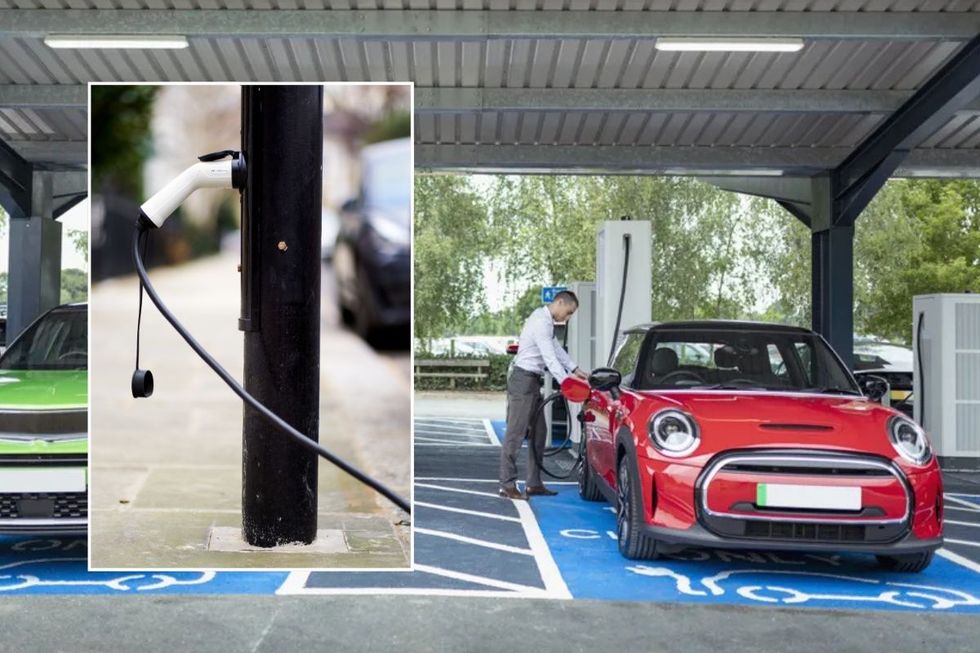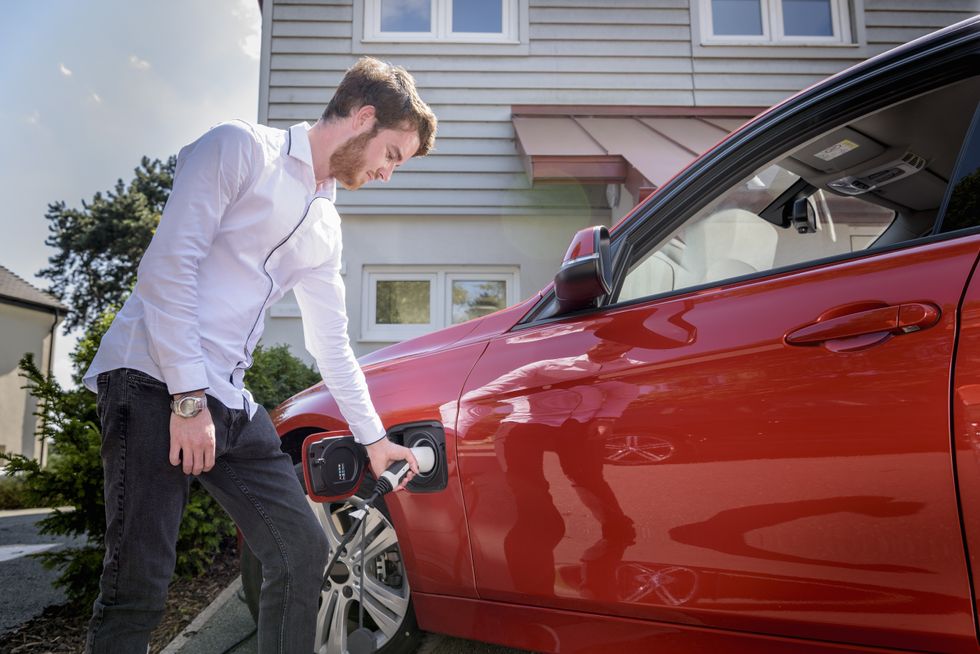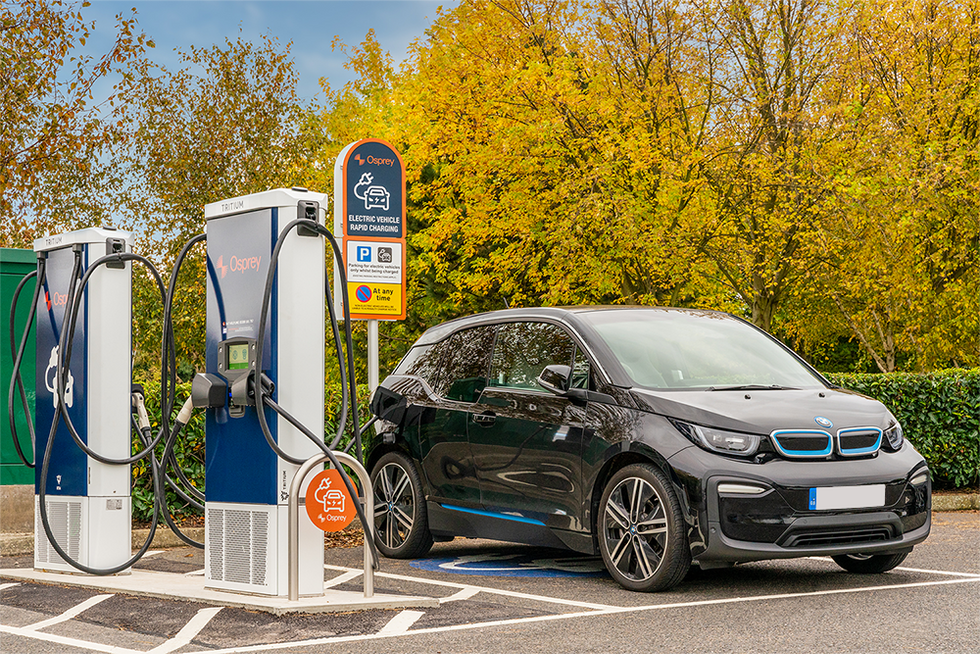Labour has announced new plans to slash red tape and make it easier for drivers of popular vehicles to access home chargers.
The move will see electric car owners, particularly drivers without private driveways, able to access affordable home charging in a bid to increase the shift to electric cars.
Under the proposals, the Department for Transport and the Office for Zero Emission Vehicles would consult on changes that would remove the need for full planning permission for discreet pavement charging gullies, which allow cables to cross pavements safely from a home to a parked car.
The changes would particularly impact renters and leaseholders who would be given easier ways to install charging points in their homes.
The Government explained the changes could save residents up to £250 in application fees, while making home charging available to thousands more households.
Currently, drivers without off-street parking often face higher costs when charging at public points compared to plugging in at home.
Under the new changes, the Government has estimated that families could run their EVs for as little as 2p per mile, roughly the cost of driving from London to Birmingham for £2.50.
Transport Secretary Heidi Alexander said the reforms were part of the Government’s wider drive to make the electric switch “fairer, easier and cheaper for everyone”.

She said: “Wherever you park your car, we’re making it fairer, easier, and cheaper to make the switch to electric.
“These reforms will boost infrastructure, increase charge points across the country and open up affordable home charging to thousands more households.”
She added the move hopes to be good news for drivers and a “big boost for the British EV industry, cutting costs and supporting jobs to deliver our Plan for Change”.
The Government has also confirmed it will work with Ofgem to ensure tenants are not overcharged for home electricity by landlords or management companies.
LATEST DEVELOPMENTS:
- Drivers left outraged as traffic fines in London peak to record high as ‘money-making’ schemes impact travel
- M25 chaos: Motorists to face hours of delays amid serious vehicle collision on major motorway
- Britain’s biggest car theft ring crushed as £2m of stolen vehicles seized and 150 criminals arrested

Officials revealed they also plan to streamline the process for installing cross-pavement chargers to support the UK’s growing EV network. A formal consultation on the package will be launched shortly, with drivers urged to share feedback.
The removal of red tape comes at a crucial time when the UK looks to push forward with its Zero Emission Vehicle mandate. Under the plans, it requires at least 28 per cent of new petrol and diesel car sales to be electric this year before moving to 100 per cent in 2030.
But while the ambitious plans hope to aid in the progress to net zero, many drivers have criticised the plans for pushing more expensive vehicles onto motorists, with little support offered.
The announcement today, however, builds on the Government’s £650million Electric Car Grant launched earlier this year, which offers discounts of up to £3,750 on 39 different car models.

It also follows a £25million fund announced in July to help local councils deliver discreet cross-pavement charging solutions for residents without driveways.
Vicky Edmonds, Chief Executive Officer of EVA England, said: “This is a hugely welcome move from the Government on one of the biggest issues facing drivers today. Our recent survey shows access to affordable home charging is a top priority for EV drivers and those considering making the switch.
“Cutting red tape so renters and those without driveways can charge at home is exactly the kind of common-sense reform drivers have been crying out for. It’s a big step towards fairer, cheaper and more accessible charging for everyone.”
The UK currently has over 86,000 public chargers in operation, with demand for EVs continuing to surge.
Our Standards:
The GB News Editorial Charter







Follow